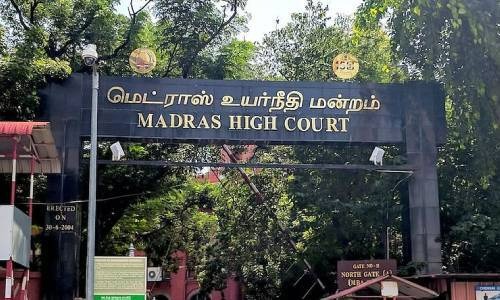
In the case of Subramanian P v. State , the petitioner was accused of submitting a letter purportedly from ISRO exempting the company from paying an earnest money deposit while operating on behalf of a Russian company that had filed a bid in the tender requested by the Chennai Metropolitan Water Supply and Sewerage Board. However, the ISRO leadership denied writing the letter. In order to undertake an inquiry and, if necessary, take appropriate action, the court had given the order.
The petitioner had argued that for him to be held accountable for forgery, there needed to be conclusive evidence identifying the author of the fake paper. The bench of Justice D Bharatha Chakravarthy, however, was convinced that there was a case against the petitioner after reviewing the materials that were on file. As a result, the court denied his request to stop the criminal investigation against him.
The petitioner had further argued that because the bid in the tender was placed in a sealed cover and the allegedly fake letter was discovered inside the cover, the corporation was the victim of the claimed offense. So, he argued that no action would be brought against him if no action was brought against the company, according to the legal precedent.
The prosecution had expressly argued, the court was told, that the falsified letter was outside the sealed cover rather than inside it, where it was supposed to be with other bidding materials. The letter was fabricated and presented by the petitioner, who was acting solely in the capacity of the company's power of attorney. He also signed the pleadings in the proceedings before this court.
As a result, the prosecution was not brought in this instance on the basis of vicarious culpability. The court stated that the prosecution against the petitioner could therefore go through even in the event that the company is not present and the court noted that “In the instant case, the sifting through the materials, namely the statement of the witnesses from CMWSSB, a statement of witness from ISRO and the investigation officers' evidence, prima facie discloses materials to proceed against the accused and therefore, the exercise is only through sifting of the materials and not a roving enquiry/deeper appreciation of the probative value or otherwise of the materials and the nitty-gritty of the law relating to the offences, at this stage of framing charges. Therefore, I am of the view that there are prima facie materials pointing out strong suspicion about the commission of the offences as mentioned in the final report and therefore, I answer the question accordingly.”

